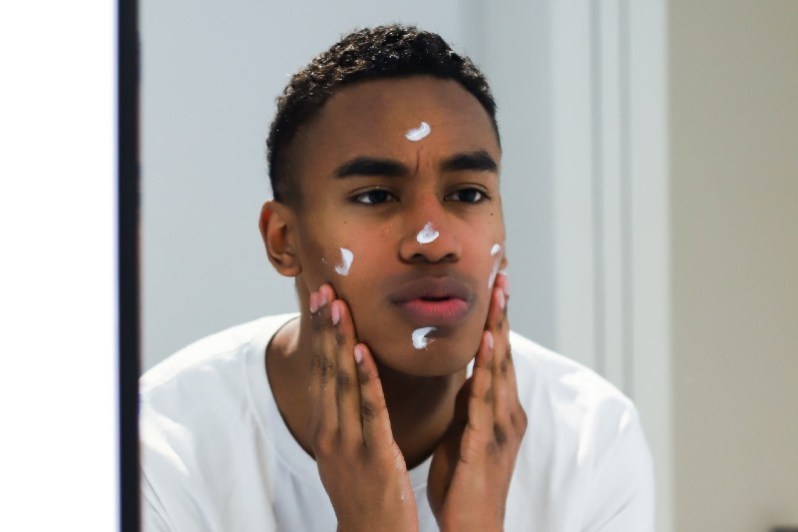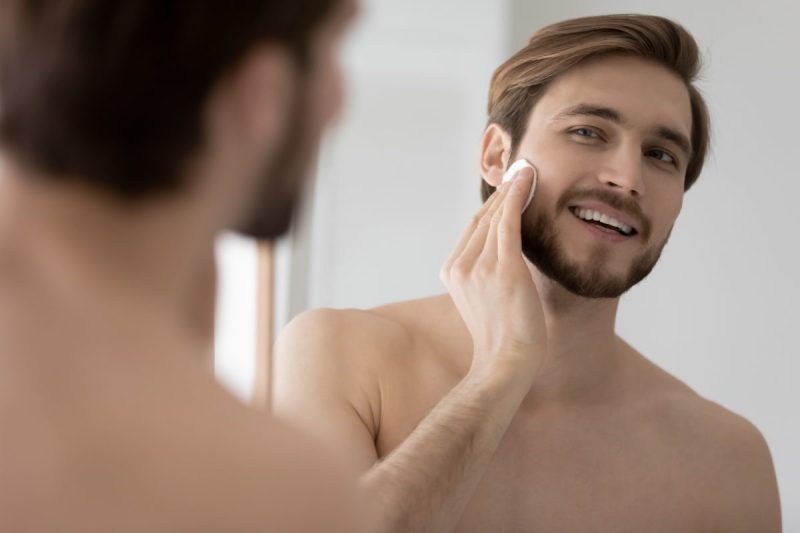There is always a new trend on TikTok that everyone has to try — whether it turns out to be good or horrible. The newest craze? Using beef tallow on your face as a moisturizer. Yes, using beef tallow for skin care purposes is a thing now. But is it safe, or will we all regret trying it?

The basics of the beef tallow trend
What is beef tallow?
Beef tallow is simply beef fat. It’s traditionally used for cooking, making candles, and in soaps.
Now, TikTokers have gotten ahold of it and have made it part of their skincare routine. Dr. Noor Hanif Said, a UK-trained dermatologist, states that beef tallow has “been exacerbated by social media and the touting of media influencers who highlight its benefits and unusual ingredients.”
The pros of using it
- Keeps moisture in
- Reduces inflammation
- Contains lots of helpful vitamins
Let’s dive straight into why people are even using it in the first place. According to Dr. Harikiran Chekuri, there are pros. “It contains several fatty acids such as oleic acid, linoleic acid, and stearic acid. It’s also rich in antioxidants that can help reduce inflammation.”
Medical Director Doctor Peter Young does note that “beef tallow has ingredients that are great for skin health, including vitamins A, D, E, K and B12.” Those are ingredients found in pretty much any of the skincare products in your bathroom.
@santacruzmedicinals Beef tallow is amazing. Santa Cruz Paleo Beef Tallow is what im using #availonamazon #mensskincare #acnetreatment #beeftallowskincare

The undeniable cons
- Not enough scientific research on it
- It could make acne-prone skin way worse
- This fat is where cows store toxins
- Not FDA-approved
But medical advisor for the Health Reporter Dr. Rosmy Barrios warns that “Just because something is natural does not mean it is safe or effective for the skin.” Dr. Barrios wants people to know there are “far better alternatives for skin moisturizing, such as hyaluronic acid, glycerin, and ceramides.”
The founder of Osmosis Beauty, Dr. Ben Johnson, wants people to think about where the fat comes from. It’s “where the cows store toxins” and using it causes the person to “absorb some of the toxic waste, thus causing harm.” That does not sound good at all.
Dr. Chekuri addresses other health concerns, like the high levels of saturated fat in beef tallow. This has been linked to many potential health risks, such as heart disease.
However, since beef tallow has not been properly studied, Esthetician & Learning and Development Manager at GlowBar Emma Smith reminds us that “Because of the lack of research and evidence around the regimen, [it’s] not FDA approved for skincare use so you should use caution if you decide to adopt this regimen.”

Maybe skip this one
When it comes to makeup tutorials or skincare routines, many people will try anything to achieve the perfect look. But all of the experts agree that in this case, that is not the case.
Enjoy watching the videos of people slathering cow fat on their faces, but know that it’s one more trend that doesn’t have the stamp of approval from doctors or dermatologists. Maybe wait for the next trend to pop up.



